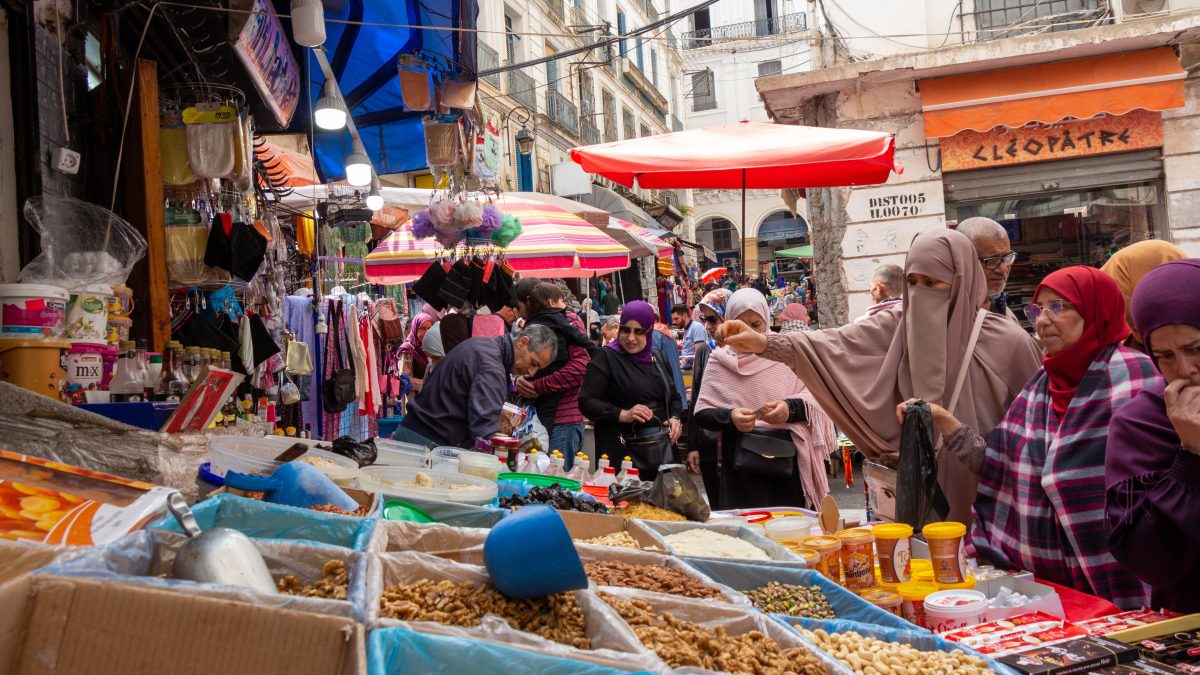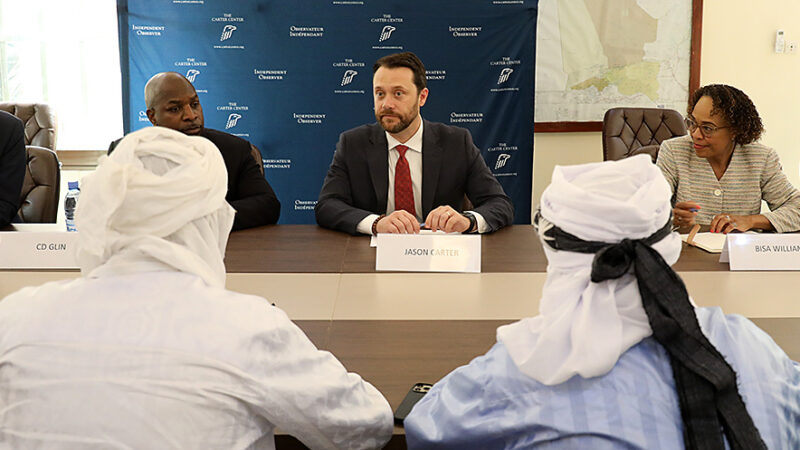Algeria

In 2012, our political experts evaluated Algeria’s election process and the evolution of the country’s democratic environment.
The Center noted progress toward free and fair elections, thanks to electoral reforms, but also found deviations from best practices and international election standards.
Impact
- Analyzed the electoral process, specifically the legal framework, work of administration and oversight bodies, and voter lists
- Recognized Algeria’s progress, giving credit where it was due
- Offered key recommendations to help the country move forward
Final Report: People’s National Assembly Elections in Algeria
Trip Report by Former U.S. President Jimmy Carter on Africa Trip, Feb. 2-7, 2004
Keeping Faith with the World’s Women

